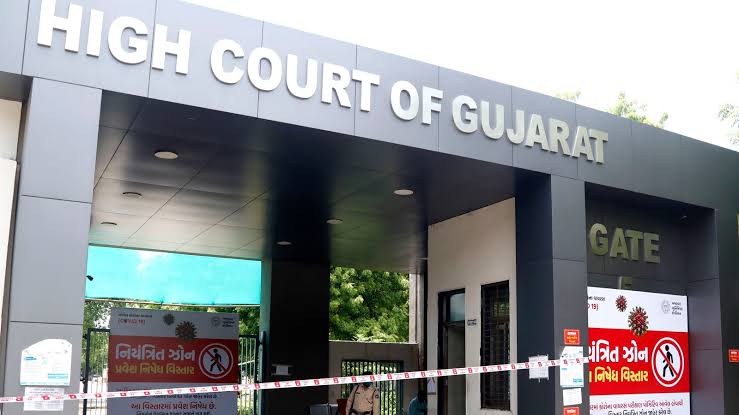Shreya Gupta
On February 16, 2025, a significant scandal emerged within the Gujarat High Court, raising grave concerns about judicial transparency and accountability. The controversy erupted following revelations of missing case files, prompting Justice Bhatt to express deep dissatisfaction and call for urgent reforms to maintain the integrity of judicial proceedings.
The issue initially surfaced when the Gujarat High Court issued an order regarding missing case files from the Radhanpur Court. However, the matter escalated dramatically when it was discovered that 15 case files had gone missing from the Surat Court over a span of just seven months, alarming judicial authorities and intensifying scrutiny of court administration.
Justice Bhatt specifically questioned the role of A T Ukrani, who has been serving as the Registrar (SCMS & ICT) at the Gujarat High Court Registry for the past six years. His concerns suggested possible administrative lapses or misconduct in handling critical court records.
Following his remarks, an unexpected development occurred when Chief Justice Sunita Agarwal reassigned Justice Bhatt’s roster, moving him to a bench alongside senior judge Justice Ilesh Vora. This decision raised suspicion within the legal community, with speculation that it may have been a response to Justice Bhatt’s critical stance on the missing files and the potential irregularities within the Registry.
Justice Bhatt highlighted the fraudulent handling of the missing case files by the Registry, stating that such actions obstructed necessary legal measures and could severely tarnish the Gujarat High Court’s reputation if exposed publicly. He further warned that retaining officials accused of negligence or misconduct in administrative roles could set a dangerous precedent for other judicial officers and High Court employees.
The gravity of the situation has led to strict measures being implemented in other cases, including the filing of FIRs against judicial officers suspected of mishandling court records. Additionally, the court has sought detailed reports from the Registrar General, Registrar (Judicial), and Registrar (Administration) regarding the missing files, indicating a broader effort to address systemic lapses in record management.
The scandal first came to light when a 71-year-old woman, Jayashree Joshi, filed a writ petition in the Gujarat High Court, complaining that the records related to her trial court case had disappeared. Her case was originally filed in the Radhanpur Court in 2010, and upon her complaint, the Gujarat High Court ordered an inquiry. The investigation led to the recovery of the missing documents, allowing legal proceedings to resume. However, the matter took a more serious turn in December 2024, when the Gujarat High Court expanded its focus to the issue of missing files more broadly.
The Court then directed the Registry to submit a comprehensive report on the matter, uncovering that 15 case files had gone missing from the Surat Court during a seven-month period. The investigation also revealed that the officer responsible at the time was A T Ukrani, who had since been transferred to the High Court Registry. Although Justice Bhatt did not explicitly name Ukrani in his order, it was confirmed that he had been moved from Surat to the High Court Registry following the scandal, further fueling concerns about the administration’s handling of the issue.
Case Title: Jayshreeben Pradeepbhai Joshi v. State of Gujarat & Anr.
Bench: Justice Sandeep N Bhatt
Instagram: Click here.
LinkedIn: Click here.
For Collaboration and Business: info.desikaanoon@gmail.com

